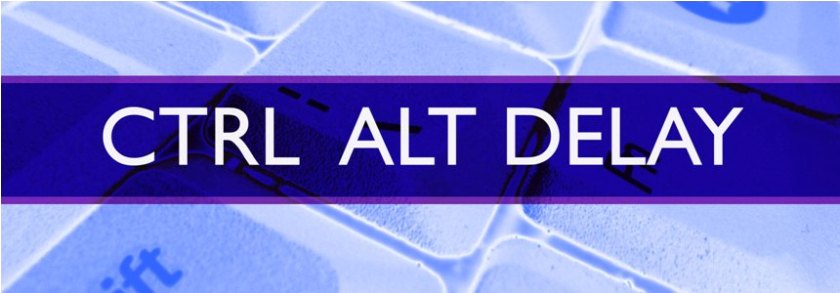Dear future generations,
It was 2042, the year when the BBC admitted that Bruce Forsyth had died in 1970, and what viewers saw on their sets was his taxidermied corpse being manipulated by members of the Jim Henson company. It was also the year that the metal finally ran out. Governments had seen the crisis coming for some time, lumbering over the horizon like an overweight buffalo. Indeed, they had taken the threat quite seriously; a summits was held upon the matter, with all G20 countries (except the USA) agreeing that something must definitely be seen to be done to be seen to agree on reasonable and equitable targets for aims – by March 2045. Everyone agreed that the conference had been a huge success. In the UK sandwiches were made illegal so as to save on aluminium foil. In Sweden Rayleigh switched from making bikes to unicycles.
Gold was the metal that they most wanted to conserve. Gold, with its 79 electrons, superconductivity, and extreme opacity to UV light. Space travel would only be possible there were enough gold, for superconductive wiring, effective insulation, and motivational bling. And so, in the early 2000s, the government decided to start its cash for gold programme. When this proved to be disappointingly slow, they set a new breed of alchemists the task of distilling goldfish into their constituent parts; gold, and fish. The RSPCA shortly stepped in, objecting that this was their remit.
So what was my role in this story? Well, I’m an employee of the Royal Mining Corps, and I was, in 2042, on a mission to prospect gold. That’s the last that I’ll say on my job, as I don’t want to be repetitive. I really hope I don’t come across as repetitive. I don’t want to be repetitive.
--
My crew were Motley, Unprepared, and Cowardly. Unfortunate surnames, but dependable chaps. The plan was for us to travel to the wastelands of South America (uninhabited since the nuclear war of 2030 between Ecuador and Tesco), and from there to search for the ever-so-precious metal. When we stepped out of our plane, it was like stepping into another world. The ground, bare and ashen, stretched featureless into the distance. No plants forced their way through the tough, grey mantle. It took us several days to realise that we were in Milton Keynes.
To this day I have no idea how we ended up so far off course. My first instinct would be that the ship’s flight computer had a bug. It did happen, from time to time. You would open an email, a perfectly respectable business proposal from a Nigerian prince, and then the next week your craft would confuse Malta with Yalta, Dublin with Lublin, and Slough with a municipal oil rig. I excused it for the last one; most humans could not discern the difference. Over time, however, I came to suspect my crew; I could tell that Motley disliked me. I could read it on the sharp creases of his voice, smell it on the floral notes of his expression, and taste it in the rolling of his eyes. I also came to suspect that I had synaesthesia.
And so we were in Milton Keynes. The mission had not required us to carry any form of civil identification, or money, for that matter. We had radios, but I didn’t want to use them. We were supposed to be half way around the world. I was at a loss for what to do – the mining corps academy teaches you many things – how to discern a vein of lignite from a seam of haematite, how to correctly set a depth charge, how to pretend that you’ve attended a sixteen part lecture series on the involution of Permian and Triassic shales – but not how to escape from Milton Keynes. Fortunately, Cowardly had some experience in this area. He suggested that we follow the river.
--
We had just reached the riverbank when we passed a huddled figure, wearing an enormous pair of gloves and an uneasy grin. He introduced himself as Mister Michael Midas, and informed us that he had been burdened with a terrible curse; all members of his family found that things they touched were transformed. Everything Mister Michael touched turned to polystyrene packing chips. He had found gainful employ at a delivery company; they would pack the products in Greek bonds and the memoirs of ex-Big Brother contestants, then he would convert them to packing chips. It was a far cheaper service than any of their competitors could hope to offer.
It was as he was regaling us with this tale that he tripped, knees collapsing into ankles, ankles collapsing into silt. I instinctively, foolishly, bent to catch him. His glove came off, and his bare hand touched the surface of the river. With a deafening rustling sound, we watched as the stream grew pale and polystyrene-y.
In conclusion, sorry for the lack of drinking water.
Yours sincerely,
Roger Bivand


No comments:
Post a Comment